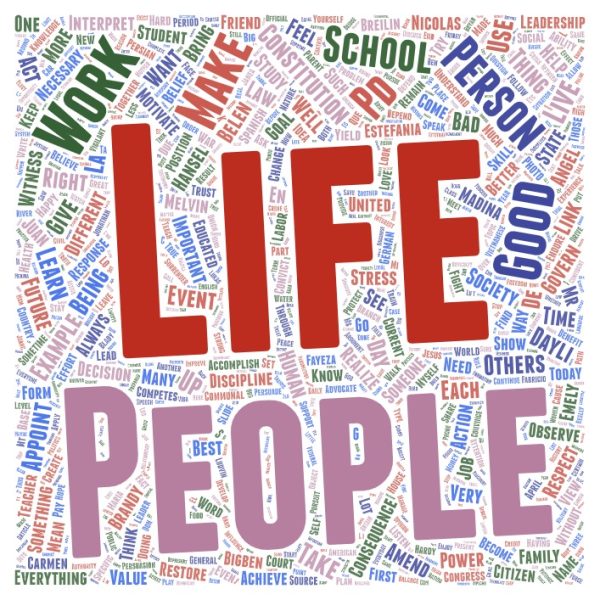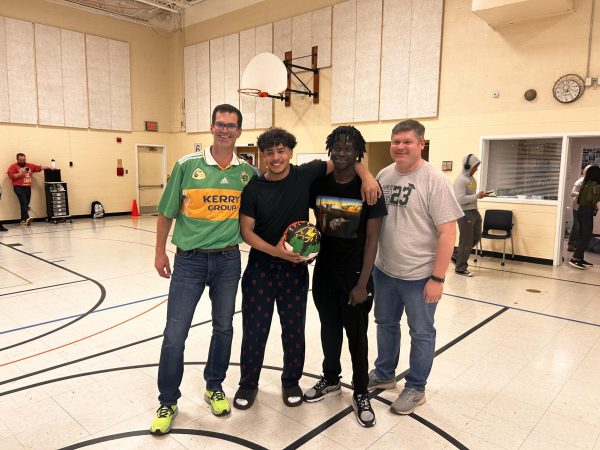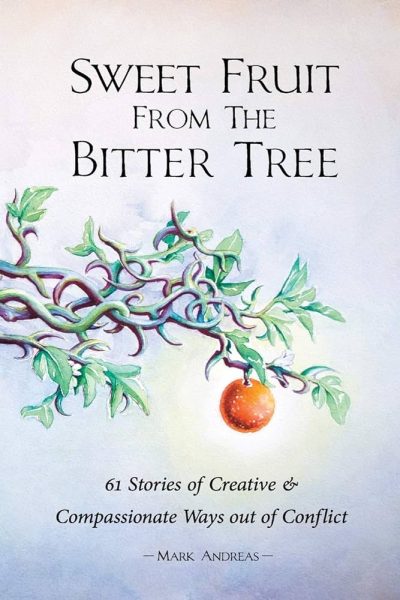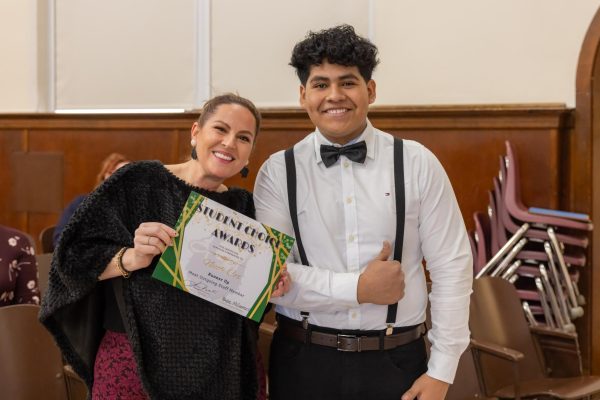To Be. . .That is the Answer.
More stories from Waqiah Sharia
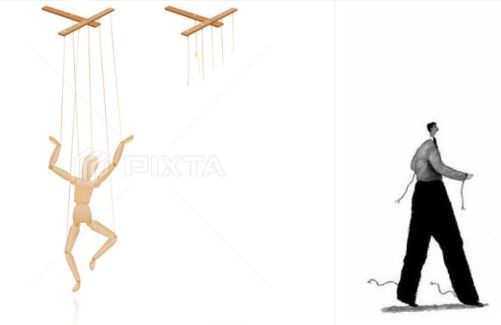
To be or not to be, that is the question we all must confront. At every twist, at every turn, at every intersection, we always have choices to make, whether we know it or not. In this neverending freeway of life, which path you choose at the fork may determine everything that proceeds, but if you are indecisive, the endless traffic of billions of other souls in the same dilemma will ram you from behind, and destroy you! This is what I intend to prove in this essay, through the stories of two young people. Hamlet(from the eponymous Shakespeare play) and Emoni( from the contemporary urban fiction novel, With the Fire On High, though centuries apart, exemplify this point to the fullest.
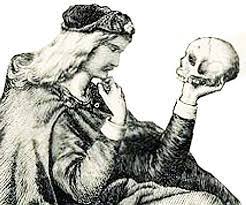
Hamlet is an indecisive, grandiose, hapless, emotionally stunted, and borderline suicidal young adult grad student, and son of a murdered king, who has to make a hard decision on whether or not to kill his uncle Claudius, who he believed was responsible for his fathers murder. However, he vacillates seemingly to no end on this. When a vision- or possibly a hallucination- of his father comes to him telling him to avenge his murder at the hands of his uncle, Hamlet returns home to do the deed. Hamlet then conives his way back into the royal court to get close enough to kill his uncle. But, nothing happens. Hamlet, in self-imposed solitude, vacillates, unable to decide how to kill his uncle, or even if he should as he didn’t actually see him murder his father. Eventually, Hamlet’s indecision comes back to haunt him, when his terribly lonely girlfriend Ophelia, believing Hamet to no longer want her, commits suicide. Ophelia’s brother, Laertes, blames Hamlet, and Claudius schedules a duel between the two, which he rigs by poisoning Hamlet’s wine and Laertes sword. In the fight Hamlet is cut by the poisoned blade but manages to wound Laertes, but not before his own mother drinks the poisoned wine ment for him. Only with everyone he loves -himself most of all- dead or dying, does Hamlet finally make a decision and stab his uncle to death. If only he had made his choice sooner.
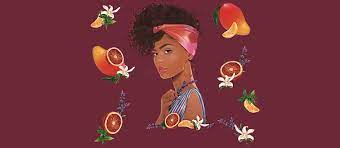
Emoni is a free-spirited, artistically gifted, down to earth, responsible, impatient, black latina teenage mother, who has to make numerous difficult choices throughout everyday of her young life, which include: whether or not to complete her culinary class and whether or not to follow the teachers directions, whether or not to keep working at a fast food place, which is demeaning to her culinary talents -and human dignity- but puts a little extra dough in her pockets, and her family and what relationship she has with all the members of her family. Emoni is not an exemplary student, therefore she is unable to get the grades needed to attend the prestigious culinary institute she wants to. As a result she must attend a comparatively sub-par culinary arts class, which seems to her to be more academic than culinary. I’ll focus on the two most important examples. Emoni has a free willed personality and likes to be creative when she cooks, which leads her to frequently disregard recipes, and therefore be failed by her teacher for not following instructions to the letter. Eventually, she grows frustrated with the class straitjacketing her creativity and abandons the class. However, after having some time to think, she realizes that her culinary arts class is a crucial stepping stone to becoming a professional chef, which prompts her to return and complete the class. She also faces issues of family. Her father was not an involved parent and Emoni was raised by her paternal grandmother. Her mother died while Emoni was in her infancy and Emoni never really knew her, and can only imagine what she was like. She nonetheless does not allow insecurities about her past to hinder her own life’s progress. She simply accepts the past as it happened and moves forward.
Ok, now to examine the numerous nuances that differentiate their respective struggles.
Emoni is decisive when choosing a course of action even when making a bad decision. This is still good because it allows her to see her mistakes sooner and bounce back and correct herself; as she did when she basically quit her culinary arts class out of frustration, but then returned later to finish her studies. Hamlet, by contrast, has textbook analysis paralysis, which prevents him from making any substantive moves towards killing his uncle to avenge his father, or even deciding if he should as he is deathly afraid of making a mistake.
Emoni also knows her limits as a human being. She is aware that at only 17 years old, she is not entirely prepared for the responsibilities of being a full time student and mother(which she realizes she will have to be with her grandmother rapidly declining in health) and she turns to her friends and family for support. She does this so as not to let anxiety interfere with her decision making, or even worse drive her mad. Hamlet, on the other hand, thinks he’s completely on his own, and does not even try to call on any friends or family for intellectual or even emotional support. This grandiose thinking drives him insane, ultimately resulting in the demise of his entire family.
Both characters also have to make the choice of whether or not to let ghosts of the past haunt them; Emoni figuratively, and Hamlet literally. Emoni’s Mother died in her infancy and her father left shortly thereafter. However, she makes a conscious decision to not dwell on either, as her grandmother raised her very well, with righteous values, and she loves her. She wonders about what her mother was like, and wishes to have some sort of connection with her, even considering naming her own daughter after her. However she resists the temptation to cling to the past, especially to the life of a stranger, as she doesn’t want to let the past dictate her, or her baby girl’s futures. Hamlet by contrast is haunted by the ghost of his slain father and allows it to dictate the very course of his life, (possibly for no reason as he does not even know for sure if his uncle killed his father). Hamlet, in essence, effectively suspended himself in the past.
The biggest nuance is this: Hamlet struggles with making a choice, while Emoni struggles with pre-existing circumstances which result in her lack of choices and limited freewill.
In conclusion, we are not servants of fate, our lives are dictated by our choices. You can’t control who and what you are born into, but you can choose whether or not to let it define you. You can’t always determine the circumstances you find yourself in, but you can choose whether to persevere through such struggles, or cower before them. And most of all, you will almost never be able to dictate your options, but you have the ability to choose the best path. And to choose period. We all must make decisions that will affect our lives. No one has ever gotten anywhere by standing still, and vacillation when action is needed will only doom you. Hamlet allowed himself to become a marionette of fate, and ultimately, it destroyed him. Emoji, by contrast, made decisions that she saw fit to help her achieve her goals, and she did. This is what Emoni and Hamlet teach us:
You always have a choice. And you must make it.




